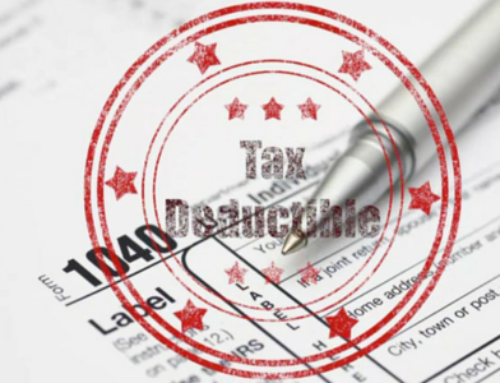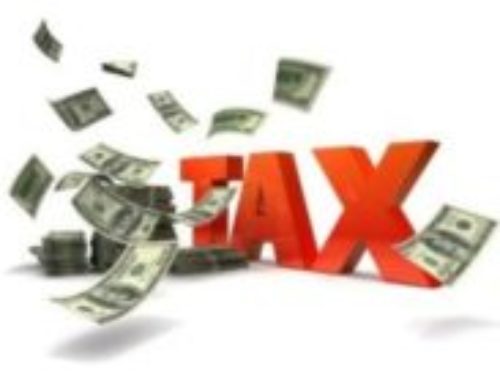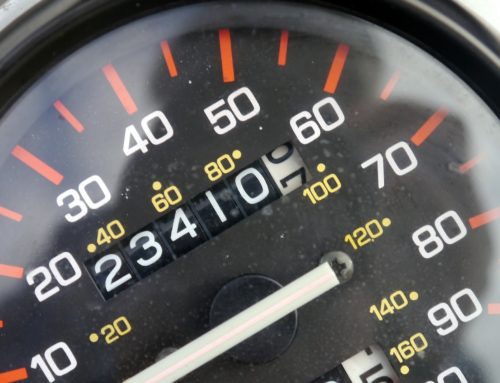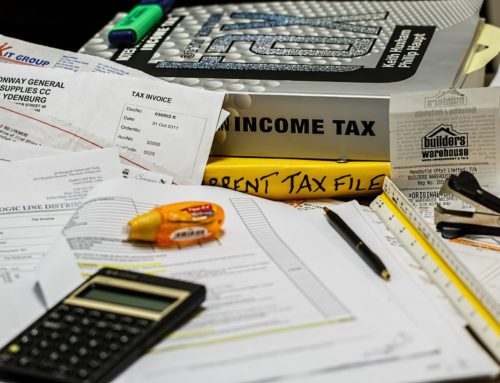The IRS defines a business as something you engage in on a regular or continuous basis for the purpose of income or profit. If you are a sole proprietor, contractor, or single-member LLC, you will report your business income or loss on Schedule C of the personal income tax Form 1040. Your business income or loss is combined with any other personal income you may have in order to calculate your adjusted gross income and your personal taxes. From our office in Willow Grove, PA, we can help business owners understand their tax situation.
Contractors and freelancers include:
- Doctors, dentists, veterinarians, accountants, lawyers, and other professionals working independently
- Those who have a trade or skill and work for themselves, such as plumbers, stonemasons, home repair people, mechanics, cab drivers, farm workers
- People who work independently in technology, such as web designers, graphic designers, software developers
- Those who work independently in health or beauty, such as hairdressers, makeup artists, wellness coaches, personal trainers
- People who provide specialized service to businesses independently, such as freelance writers, business consultants, project managers, interpreters, public speakers, workshop providers
- Independent home and family care service providers, such as babysitters and nannies, home cleaners, lawn care services, wedding planners
What your accountant needs
It’s important to have all your income and expenses accurately recorded to bring to your accountant. Having up-to-date records ensures accurate reporting and will help your accountant report your earnings and/or losses and reduce your taxes as much as possible. Your accountant will need:
- Your tax ID number (social security or EIN), legal name, current address
- Previous year’s tax return
- Financial reports, if you have software that will run them: P&L/income statement, balance sheet, cash flow statement, and inventory report if you carry inventory
- Accounts receivable, accounts payable, loan agreements, leases, etc.
- Income records, including any 1099s or W-2s that you received, bank statements, sales invoices
- Expense records and deductions
It is in determining expenses and deductions that your accountant can be of particular benefit. Small business owners don’t realize the many allowable expenses and deductions that are available to them. These can include:
- Start-up costs
- Purchases of machinery and equipment, vehicles, repairs, and rent on equipment
- Personal expenses such as training, conferences, and legal services
- Financial deductions such as health insurance for yourself and your family, charitable contributions and donations of items, contributions to your retirement accounts
- Bad debt, casualty or theft losses
- Home office and travel deductions
For a more detailed listing of possible expenses and deductions, read Self-Employment 101: What Counts As a Business Tax Deduction? and Small Business Travel – What is Deductible?
Visit your tax accountant as soon as possible
Make an appointment with your accountant as soon as possible, even if you don’t quite have all your information together. He or she can advise you how to proceed if you’re having trouble collecting some of this information, and can also suggest some other deductions or opportunities to reduce your tax burden that might be unique to your situation.
Contact us here at Koelle & Associates to see how we can help you with your small business and personal taxes. We have been serving clients in Willow Grove, Fort Washington, Huntingdon Valley, and surrounding areas for over 30 years.





